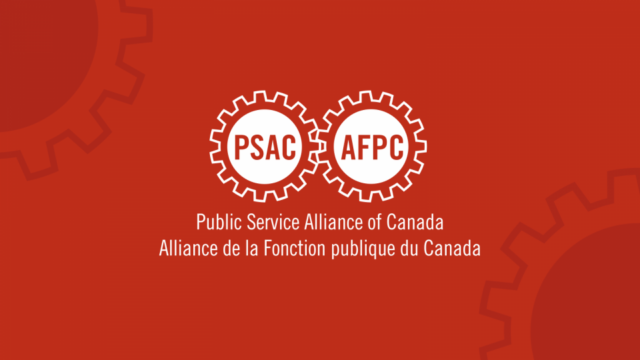CBSA Summer Action Plan 2022: Information on grievances, and answers to frequently asked questions
The implementation of the 2022 Summer Action Plan (SAP) by CBSA in June of this year raises a number of questions for the union and its members.
As per the employer’s own documentation, the SAP was developed to respond to the anticipated summertime operational pressures on border operations—including a sharp increase in the volume of travellers—and aims to maximize resources while minimizing border wait times. Unfortunately, the measures introduced as part of the Action Plan fail to address long-standing issues within the Agency, including staffing shortages years in the making, and only serve to further stretch an already overworked and overloaded workforce.
As part of its response to the Plan, the union has recently filed a policy grievance. However, questions remain, and the following is intended to help both members and union representatives navigate different scenarios with regards to the SAP, as well as possible recourses where applicable.
When should members file grievances?
The SAP proposes a number of far-reaching measures—such as mandatory overtime, mandatory shift changes, and the denial of discretionary leave—and members may be faced with situations where they will want to file individual grievances. The following list covers a range of situations that the union considers to be grievable. As always, members should consult with their local union representative before filing a grievance, and should follow the ‘obey now, grieve later’ principle, unless facing an imminent risk to their health and safety.
A note about signing grievances
At all times, grievances should be discussed and signed in consultation with a local union representative or Branch President. All grievances regarding articles of the collective agreement need a union signature and a union representative participating in the grievance presentation. When in doubt on how to proceed, members should contact their Branch President.
FAQ – Mandatory Overtime
One of the union’s main concerns with the SAP is the threat of mandatory overtime. For more than two years now, CIU members have continued to fulfill their duties, protecting the border and serving the Canadian public despite challenging situations. The employer’s decision to force mandatory overtime on its officers as a solution to chronic understaffing is troubling, and the following aims to answer common questions about the ramifications of this policy.
FAQ – Shift change, sick leave and accommodation
Mental health in the context of the Summer Action Plan
The SAP introduces a number of measures that may have a detrimental impact on the health of our members. If you find yourself in a situation where you feel overwhelmed—be it due to stress, fatigue or anxiety—your union is there to assist you. As a CBSA employee, you and your family also have access to the Employee Assistance Program (EAP) through LifeWorks—be it for advice, counselling or treatment. LifeWorks offers 24/7 confidential assistance, and can be reached at 1.877.367.0809 (TTY: 1.877.338.0275). You can also go to https://login.lifeworks.com/ to create an account and get more information.








